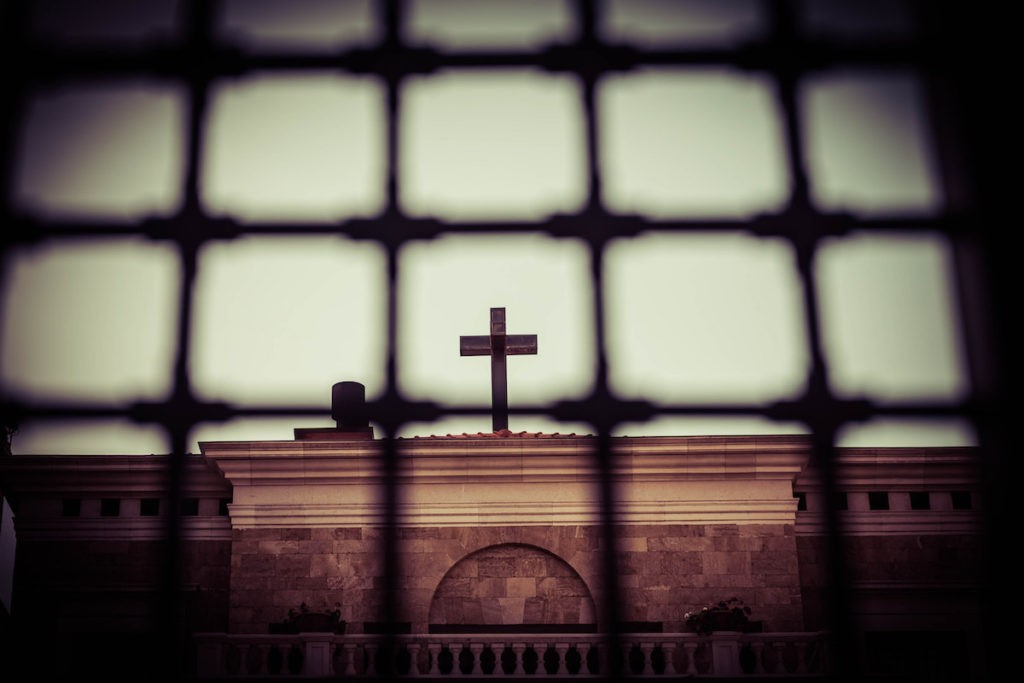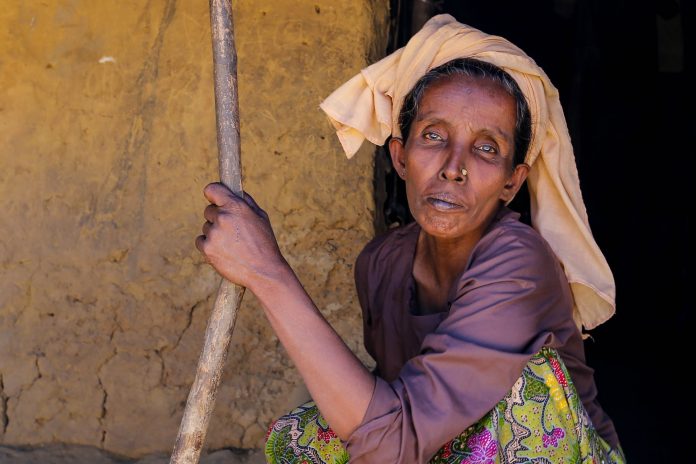Legislators from across Southeast Asia called on countries in the region to ensure that freedom of religion or belief is respected amid the reported increase in incidents of religious intolerance.
The ASEAN Parliamentarians for Human Rights (APHR) noted that governments in the region continue to implement legislation that violates human rights, “including the right to freedom of religion or belief.”
In a statement on December 8, the group said the Association Southeast Asian Nations, or ASEAN, should ensure freedom of religion or belief for all people, in the wake of rising reports of discrimination and persecution based on religion or belief.
“Despite commitments by ASEAN member states … there are still those being discriminated due to their religion or belief, or those being denied their rights to freedom of religion or belief,” said Kasit Piromya, a former member of parliament in Thailand.
He cited the case of Rohingya Muslims who continue “to suffer systemic violence, discrimination and segregation” and Vietnamese religious minorities who have faced “long-standing persecution on the grounds of their religion or belief.”
The legislators also express alarm over what they described as a “sharp increase in hate speech,” some of which has translated into hate crimes and physical violence.
“We call on authorities to undertake greater solidarity and joint actions to tackle these challenges and ensure [freedom of religion or belief] for all,” said Pironya who also sits as member of the board of APHR.
Last month, the Pew Research Center released a study done in 2018 that says “authoritarian governments are more likely to restrict religion.”
The study noted that “a greater number of governments” in the region used force against religious groups, including property damage, detention, displacement, abuse and killings.
In total, 31 out of 50 countries in Asia and the Pacific experienced government use of force related to religion, up from 26 countries in 2017.
The study cited as case in the Philippines where three United Methodist Church missionaries were forced to leave the country or faced issues with visa renewals after they were involved in investigating human rights violations on a fact-finding mission.

In Myanmar, large-scale displacement of religious minorities continued with more than 14,500 Rohingya Muslims reported by Human Rights Watch to have fled to neighboring Bangladesh to escape abuses in just a month.
In addition, fighting between the Burmese military and armed ethnic organizations in the states of Kachin and Shan led to the displacement of other religious minorities, mostly Christians.
The study said some countries in the Asia-Pacific region saw all-time highs in their overall government restrictions scores.
It cited China, which continued to have the highest score on the Government Restrictions Index out of all 198 countries and territories in the study.
China has been near the top of the list of most restrictive governments in each year since the inception of the study, and in 2018 it reached a new peak in its score (9.3 out of 10).
The Chinese government restricts religion in a variety of ways, including banning entire religious groups, prohibiting certain religious practices, raiding places of worship, and detaining and torturing individuals.
In 2018, the government continued a detention campaign against Uyghurs and other Muslims in Xinjiang region, holding at least 800,000 in detention facilities “designed to erase religious and ethnic identities.”
In India, anti-conversion laws affected minority religious groups. In the state of Uttar Pradesh, police charged 271 Christians with attempting to convert people by drugging them and “spreading lies about Hinduism.”









